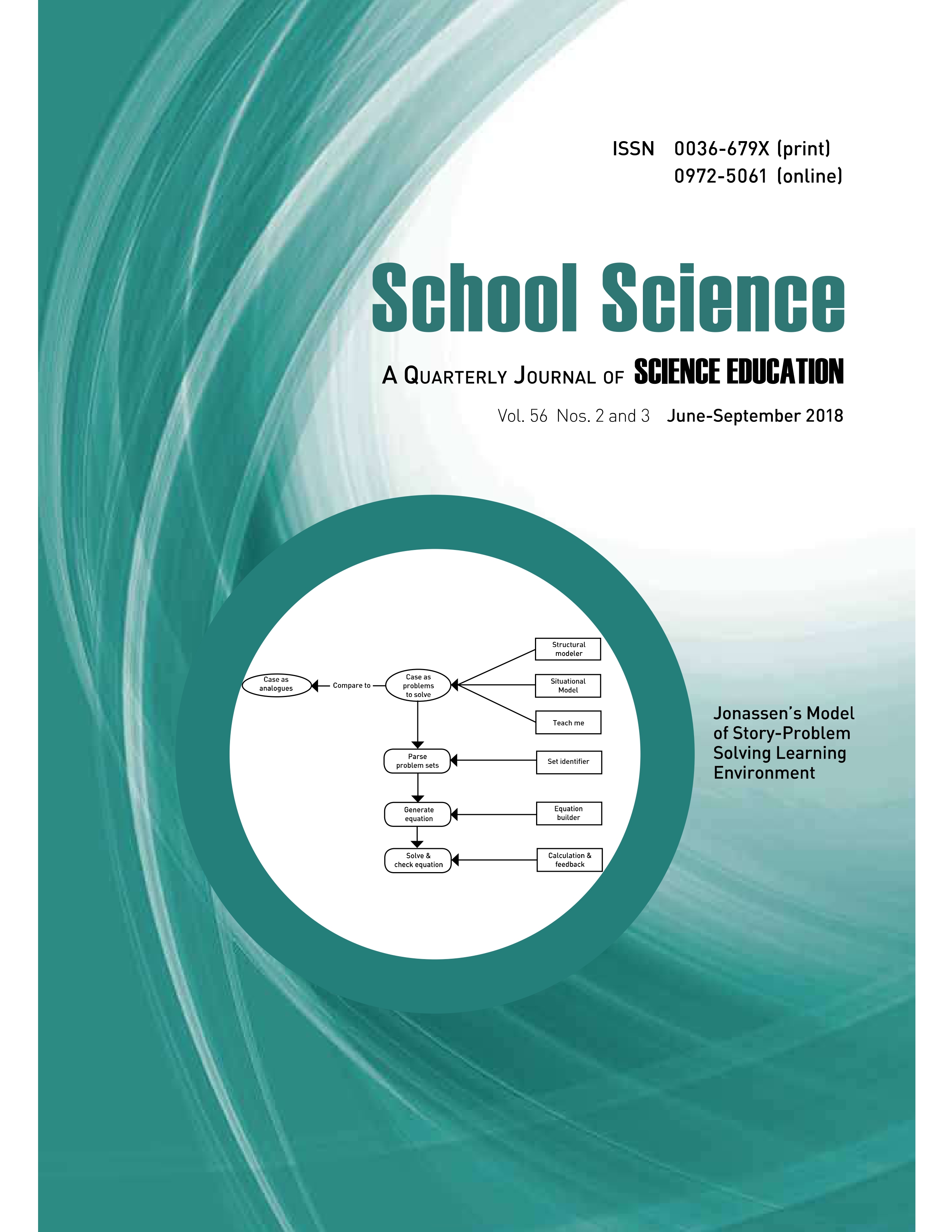Published 2018-09-30
Keywords
- ICT in school education,
- National Conference,
- NCF 2005,
- Government initiatives,
- Digital India
How to Cite
Abstract
It is true that there are many challenges and problems in integrating ICT into school education, and various conferences and seminars have addressed these issues. However, this conference aimed to go beyond merely identifying challenges and instead focused on harnessing the true potential of government initiatives towards school and teacher education, particularly in using current and emerging ICT tools and technologies to improve learning outcomes. The National Curriculum Framework (NCF) 2005 emphasises that teachers and students should be treated as active producers rather than passive consumers in the learning process, and that technology should not be used as a medium to bypass the teacher. Instead, technology should be used to create new, open learning environments that shift the emphasis from teacher-centric to learner-centric. This means that teachers should create learning environments that enable students to actively engage in their own learning, rather than simply transmitting knowledge. To achieve this, the government and NGOs have made various efforts to develop training resources, create e-content, design e-learning platforms, establish IT infrastructure, and provide training for teachers. These efforts have the potential to enable learners to access vast stores of knowledge beyond the boundaries of their schools, and to use technological tools to enhance their learning experiences. Overall, the aim of this conference was to provide recommendations and policy perspectives on how to use ICT to improve the learning outcomes of children and adults, and to encourage a shift towards more learner-centric approaches to education.

